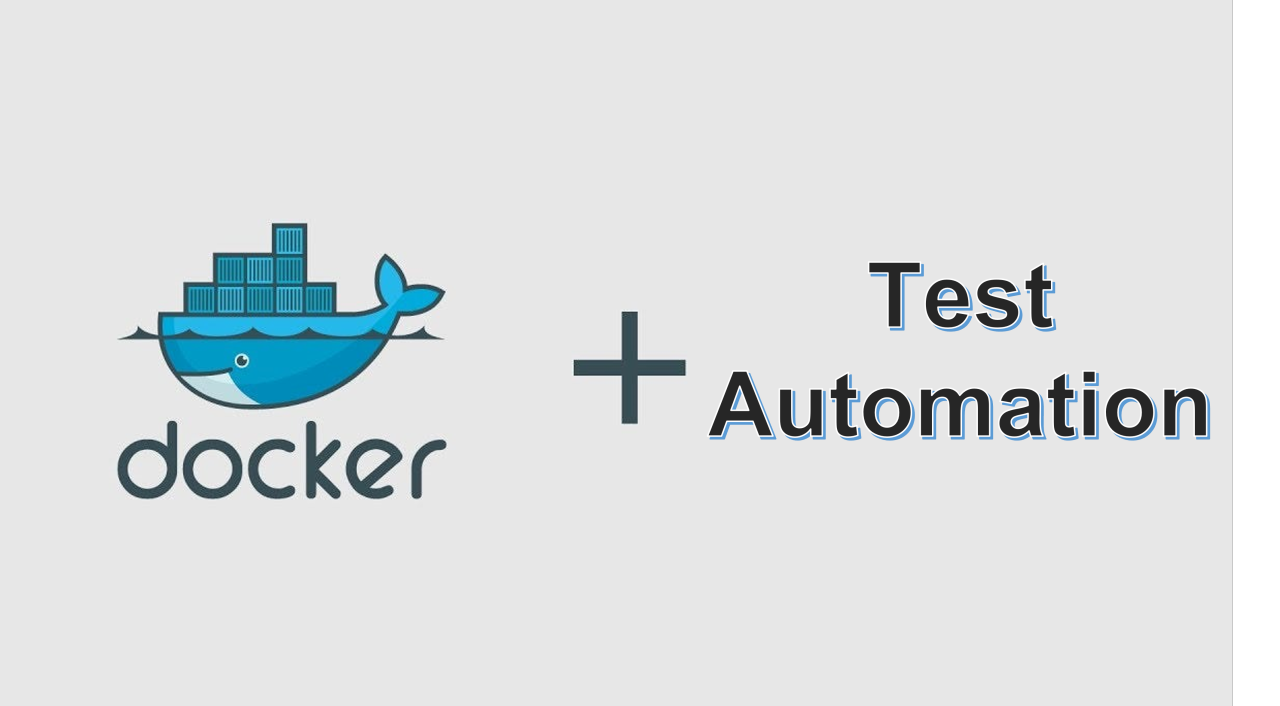 CASE STUDY
CASE STUDY Docker for QA Automation Engineers

🐳 Why Docker is a Must-Know Tool for QA Automation Testers
In today’s fast-paced software world, QA Automation Testers are expected to ensure speed, reliability, consistency, and scalability across all stages of development — not just write test scripts. Docker plays a crucial role in meeting these demands.
🔍 What is Docker?
Docker is an open-source platform that lets you package your app and all its dependencies into containers — lightweight, portable environments that run identically across machines.
👉 Think of it as a plug-and-play testing lab you can carry anywhere: laptop, CI server, or cloud.
🚀 Why Docker is Essential for Testers
✅ 1. Consistent Environments
No more “it works on my machine.” Docker ensures identical test conditions across dev, QA, and prod.
⚡ 2. Fast, Reliable Test Execution
Spin up isolated environments in seconds. Run → Test → Destroy → Repeat — with zero overhead.
🔁 3. Parallel Test Runs
Use Docker Compose or Kubernetes to scale tests — cross-browser, API, mobile — in parallel.
🔗 4. Seamless CI/CD Integration
Compatible with Jenkins, GitHub Actions, GitLab CI, etc. Automate tests on every push using clean containers.
🧩 5. Simplifies Complex Setups
Testing microservices? Define everything in docker-compose.yml and launch full stacks easily.
💼 How Docker Helps QA Testers
- Setup once, share with the team
- Run tests in isolated, reproducible environments
- Eliminate dependency issues
- Save system resources using lightweight containers
🌍 Real-Life QA Use Cases
- UI Testing: Selenium Grid containers for parallel cross-browser tests
- Mobile Testing: Appium Docker for Android/iOS automation
- API Testing: Mock services + DB via Docker
- Load Testing: Distributed JMeter/Locust containers
- E2E Testing: Microservices running locally via Docker Compose
✅ Benefits vs ⚠️ Drawbacks
✅ Benefits - ⚠️ Considerations
Portability & Speed - Initial learning curve
Isolation & Reproducibility - Debugging inside containers
Parallel execution - Resource usage on low-end machines
Easy CI/CD integration - Image security (use verified sources)
🎯 Final Thoughts
Docker is no longer a “nice to have” — it’s a must-have skill for modern QA engineers.
It empowers teams to build scalable, stable, and fast test environments, reduces flaky tests, and accelerates releases.
💡 Pro Tip: Start by containerizing your current framework and integrate it into your CI pipeline. You'll immediately notice better stability and efficiency.